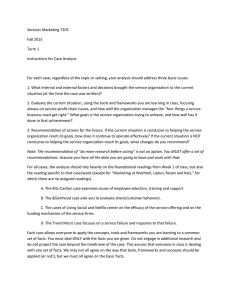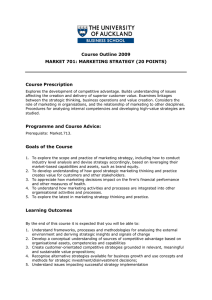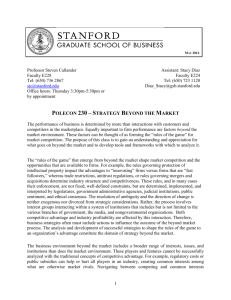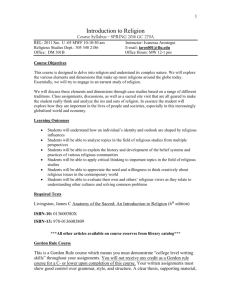district 128 advanced placement united states history summer
advertisement
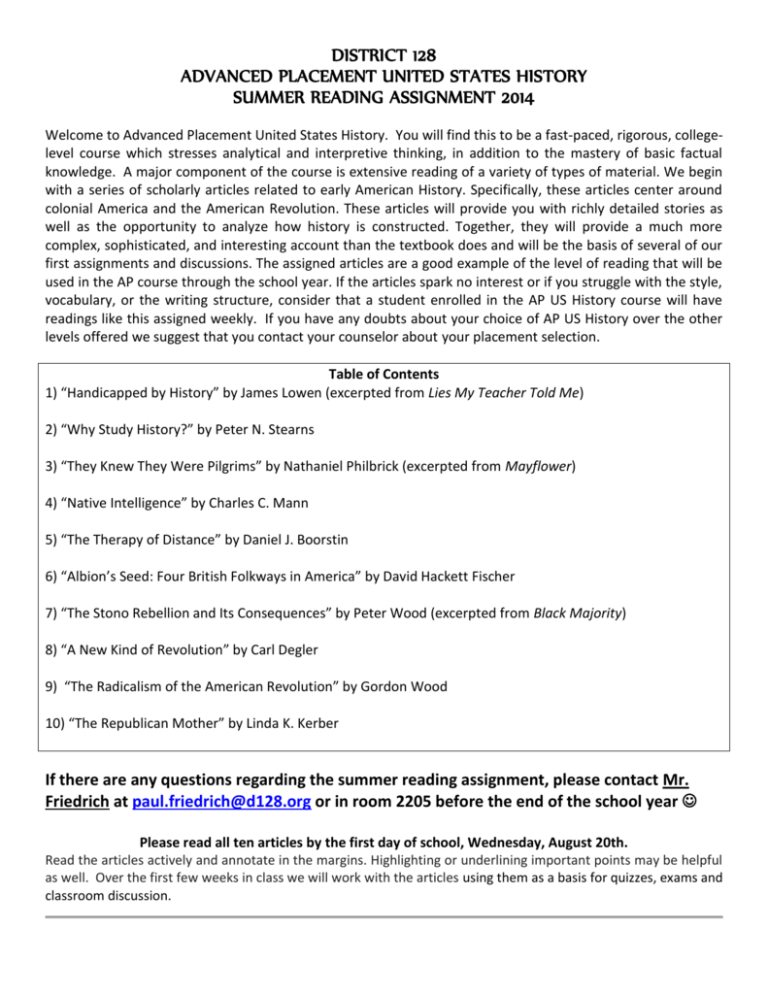
DISTRICT 128 ADVANCED PLACEMENT UNITED STATES HISTORY SUMMER READING ASSIGNMENT 2014 Welcome to Advanced Placement United States History. You will find this to be a fast-paced, rigorous, collegelevel course which stresses analytical and interpretive thinking, in addition to the mastery of basic factual knowledge. A major component of the course is extensive reading of a variety of types of material. We begin with a series of scholarly articles related to early American History. Specifically, these articles center around colonial America and the American Revolution. These articles will provide you with richly detailed stories as well as the opportunity to analyze how history is constructed. Together, they will provide a much more complex, sophisticated, and interesting account than the textbook does and will be the basis of several of our first assignments and discussions. The assigned articles are a good example of the level of reading that will be used in the AP course through the school year. If the articles spark no interest or if you struggle with the style, vocabulary, or the writing structure, consider that a student enrolled in the AP US History course will have readings like this assigned weekly. If you have any doubts about your choice of AP US History over the other levels offered we suggest that you contact your counselor about your placement selection. Table of Contents 1) “Handicapped by History” by James Lowen (excerpted from Lies My Teacher Told Me) 2) “Why Study History?” by Peter N. Stearns 3) “They Knew They Were Pilgrims” by Nathaniel Philbrick (excerpted from Mayflower) 4) “Native Intelligence” by Charles C. Mann 5) “The Therapy of Distance” by Daniel J. Boorstin 6) “Albion’s Seed: Four British Folkways in America” by David Hackett Fischer 7) “The Stono Rebellion and Its Consequences” by Peter Wood (excerpted from Black Majority) 8) “A New Kind of Revolution” by Carl Degler 9) “The Radicalism of the American Revolution” by Gordon Wood 10) “The Republican Mother” by Linda K. Kerber If there are any questions regarding the summer reading assignment, please contact Mr. Friedrich at paul.friedrich@d128.org or in room 2205 before the end of the school year Please read all ten articles by the first day of school, Wednesday, August 20th. Read the articles actively and annotate in the margins. Highlighting or underlining important points may be helpful as well. Over the first few weeks in class we will work with the articles using them as a basis for quizzes, exams and classroom discussion. Assignment: Reading Like a Historian Assignment: Please explain one example of each of the following six frameworks of historical thinking for each of the readings in the packet. Your examples/illustrations should reference specific page numbers in the readings (as simple in-text citations). You must have concrete references from each of the 10 readings and you must use each of the six frameworks at least one time (obviously, some of the frameworks will be used more than once – six frameworks, ten readings). As long as you use all six once, it is up to you to decide which ones you want to use a second time (but no framework may be used more than twice). Your paper must be typed and may be 2 - 3 pages long. You may organize the paper in whatever fashion makes sense to you (standard academic writing/professional standards apply – full sentences, professional language, etc.). Explain your examples efficiently; we will discuss greater details in class. This paper is worth 20 points. Final papers will be submitted to turnitin.com on Friday, 22 August. You will receive the turnitin.com class codes on August 21 st. Frameworks of Historical Thinking 1. Cause and Effect: What were the causes of past events? Who or what made change happen? Who supported the change? Who did not support the change? What were the effects? Which effects were intended and which were accidental? How did events affect people’s lives, community, and/or the world? 2. Change and Continuity: What changed? Who benefitted from the change and why? Who did not benefit from the change and why? What remained the same? 3. Turning Points: How did past decisions or actions affect future choices? How did decisions or actions narrow or eliminate choices for people? How did decisions/actions significantly transform people’s lives? 4. Using the Past: How does the past help us make sense of the present? How is the past similar to the present? How is the past different from the present? 5. Through their Eyes: How did people in the past view their world? How did their worldview affect their choices and actions? What values, skills and/or forms of knowledge did people need to succeed? 6. Cultural Memory vs. Historical Reality: Every society constructs some sort of shared historical memory. We tell ourselves stories about our past and these combine into a shared history of a people. However, the historical memory we construct is sometimes very different than the actual events of history. How does our historical memory differ from actual history? Why do we construct memory different from actual events? adapted from http://www.wisconsinhistory.org/ThinkingLikeaHistorian/
